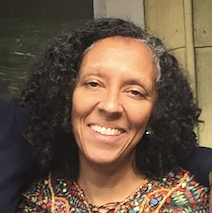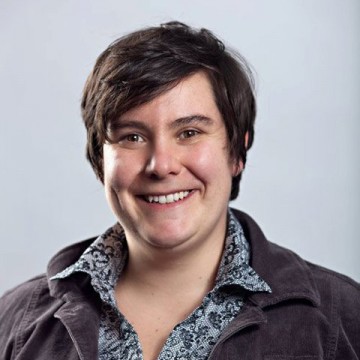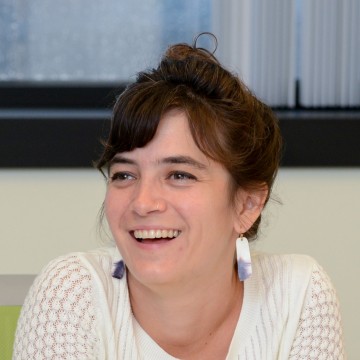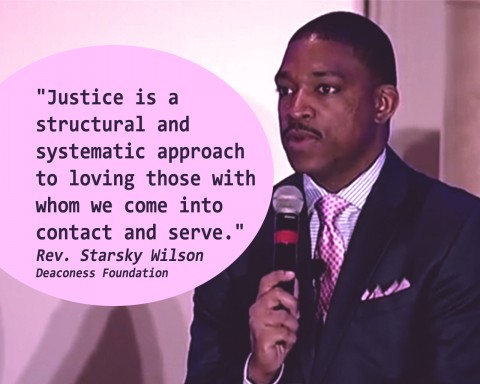June 23, 2014
Check out the ways that love of her many identities frees up spoken word artist Jamila Lyiscott to be her full self. She reminds us that a full, loving embrace of yourself and your cultures enables others to see you more fully and embrace all of your cultures, while it makes space for others to do the same for themselves. That’s change making at a personal level that can radiate outward to the entire community. Read More
June 19, 2014
We continue to explore the power of love. Listen to Dr. Maya Angelou speak about the power of love to liberate the human spirit. She speaks of how her mother’s love liberated Maya to become her fullest self and how Maya’s love liberated her mother at the end of her mother’s life. She speaks of the unconditional love that frees a person to make their highest and best contribution to the world—a love that is at once personal and public, individually meaningful and essential to our collective lives.
“Love liberates. It doesn’t bind.”
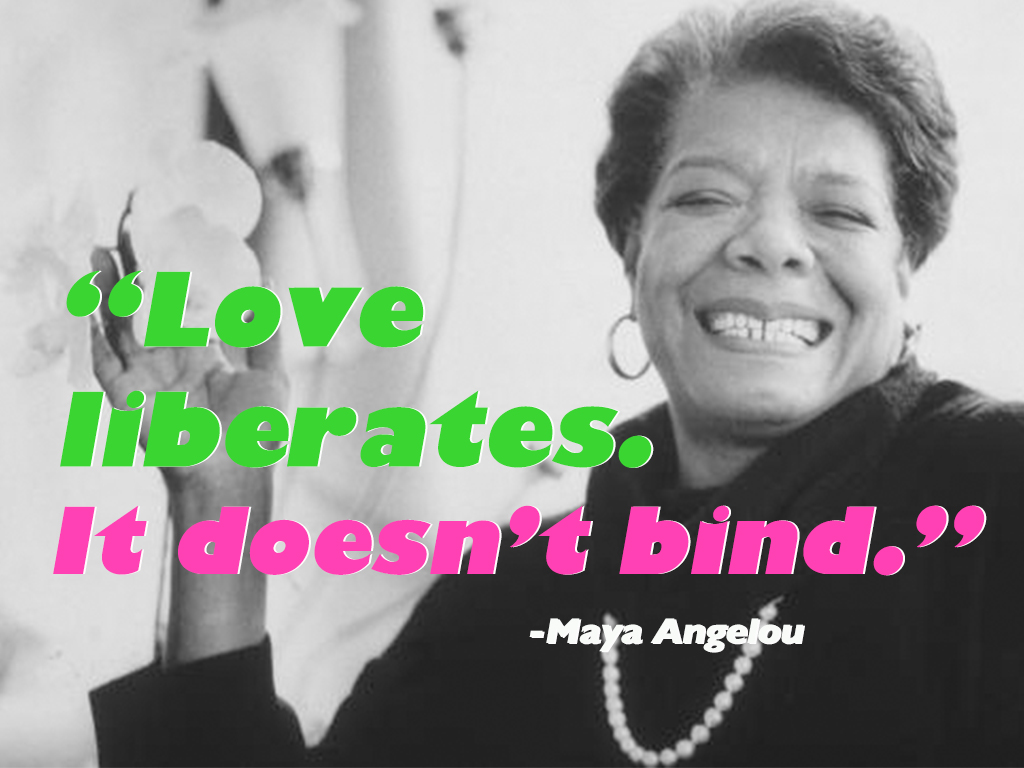 Read More
Read More
June 3, 2014
Monday at our staff meeting Maanav Thakore called attention to Yuri Kochiyama’s passing. This post is a compilation of articles and media that honor her life and legacy.
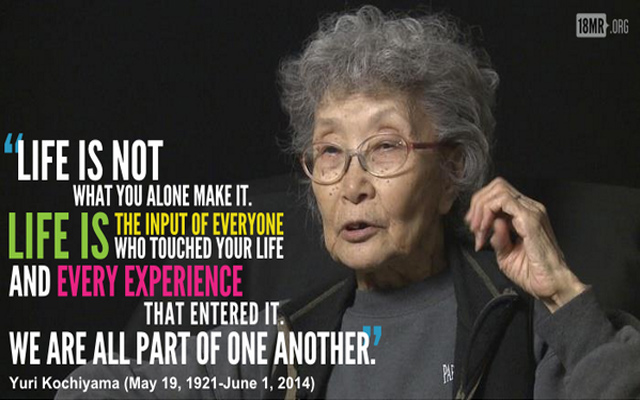 Read More
Read More
June 3, 2014
What is the number one reason for school absences in low income communities in the U.S.? It’s dental-related illness. I was blown away when I learned this. It was not what those of us working on the Boston Promise Initiative, a holistic approach to children’s academic success age 0-24 in the Dudley neighborhood, would have guessed. How can we expect children to learn if they are in pain? Why should any children suffer from an entirely preventable disease?
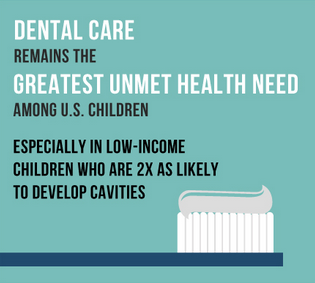
Read More
May 28, 2014
I am grateful to have been loved and to be loved now and to be able to love, because that liberates. Love liberates. It doesn’t just hold—that’s ego. Love liberates. It doesn’t bind. Love says, ‘I love you. I love you if you’re in China. I love you if you’re across town. I love you if you’re in Harlem. I love you. I would like to be near you. I’d like to have your arms around me. I’d like to hear your voice in my ear. But that’s not possible now, so I love you. Go.’
– Maya Angelou
Maya Angelou, the memoirist and poet whose landmark book of 1969, “I Know Why the Caged Bird Sings” — which describes in lyrical, unsparing prose her childhood in the Jim Crow South — was among the first autobiographies by a 20th-century black woman to reach a wide general readership, died on Wednesday in her home. She was 86 and lived in Winston-Salem, N.C.
Read More
May 21, 2014
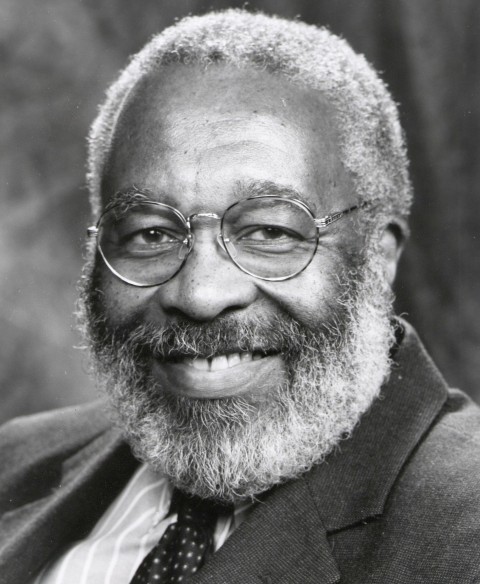
Vincent Harding died on Monday and our world is emptier for it. Vincent is an unsung hero of the Civil Rights era, whose work as a speechwriter for Dr. Martin Luther King, Jr. was essential if not widely known. His best-known speech was Dr. King’s speech Beyond Vietnam, where Dr. King boldly extended his critique to U.S. foreign policy, connecting the struggle for civil rights in the U.S. with struggles for justice in other parts of the world. You can hear Vincent explain the significance of the speech in an interview with Democracy Now! You can hear or read some of his thoughts on spirituality and justice in an On Being podcast called Dangerous Spirituality. Read More
April 14, 2014
Picking up where Gibrán’s post about our interior condition left us last week and my recent viewing of César Chávez, I wanted to lift up a description of love offered by staff of LUPE on a visit I took there last fall. “Love is a process, not a destination. Love is a set of actions that arise from an emotional state or a cognitive commitment.” Recently, I wrote about the power of strong emotions to create the space for breakthroughs. Today, I want to focus on the processes and commitments rather than the emotional states related to love.
When I read and listen to the reflections of people who are deeply committed to social justice, I am struck by their commitment to engaging with people and engaging the struggle in ways that proceeds from a powerful internal compass, even in the face of strong resistance. Think of the standard bearers of nonviolence during the Civil Rights Movement, who practiced non-retaliation in the face of attacks. Think of the painstaking and beautiful reconciliation process in the wake of Sierre Leon’s civil war, where the restoring right relationship between perpetrators and victims began with a public expression of remorse and a request for forgiveness.
In these cases and many others, there was as much attention to the interior condition of the people involved as there was to designing the processes by which they would catalyze change.
How are you attending to your own interior condition as you work for justice? How are you encouraging others to attend to theirs? How does that translate into processes that embody your commitments to love?
February 28, 2014
“In principle, empathy can override every rule about how to treat others.”
-Frans de Waal
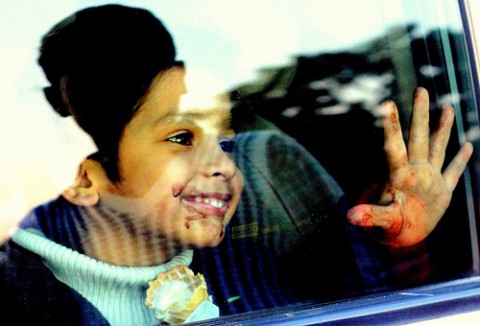
Photo by Vamsi Krishna
Yesterday’s post considered the importance and power of the empathic turn in networks-as-change, to ground people in deep connection with living realities, for the sake of greater imagination, justice, resilience and responsibility. Taking cues from experience and the work and studies of others, here are some thoughts for how to cultivate radical “affection” (to quote Wendell Berry) in networks:
- Go beyond abstraction to interaction – go to and meet in real places, explore them, consider how life happens there (see for example Story of Place and Heart and Soul)
Read More
February 27, 2014
In “networks-as-change,” effectiveness is grounded in affectiveness.

In an essay that I continue to revisit, the poet/essayist/novelist/farmer/ conservationist and champion of overall sanity, Wendell Berry, talks about what he calls “the turn towards affection.” Having spent many years reflecting on and pushing back against the unfortunate demonstrated human tendency to despoil landscapes and “the other,” he takes a strong stand for both deep rooted connection and . . . imagination: Read More
January 24, 2014

When we at IISC look at problem or an opportunity, we look at it through the lens of love. This doesn’t mean we approach the world with rose-colored glasses: it means that we focus on the transcendent possibilities that are apparent when we hold every person in unconditional high regard.
Read More
January 19, 2014
Check out this relaxed conversation between Dr. King and Merv Griffin. Dr. King reflects on the political context in Atlanta, which he called the most progressive city in the South—and the opportunities it afforded for progress for civil rights. Toward the end, Dr. King reflects on the progress to date in civil rights.
Read More
